Arika Okrent highlights a map “made in 1847, before French had truly become the language of the whole of France. The oïl languages are outlined in pink, the oc languages in blue. The rust brown in the northeast is Celtic, the green, Germanic, and the yellow, Basque”; you can explore it in zoomable form at the David Rumsey Map Collection. It makes a fine companion to Graham Robb’s The Discovery of France (see this post). Thanks for the link, Martin (and marie-lucie for the book)!
Sign on the front of an audiovisual equipment supplier in Pudong, Shanghai:
Lóngshèng xīng dìdài 隆盛星地带. I think that their English name is Longshengxing Zone.
Since lóngshèng xīng 隆盛星 means something like "star of prosperity / grandeur / magnificence" and dìdài 地带 does indeed mean "zone", the Chinese name of the store has nothing to do with freeing oneself from the misery of existence.
The depressing maxim, "free yourself from the misery of existence" (with the English cleaned up a little bit) showed up seven years ago in an Arabic context, viz., supposedly حرّرتبنفسي من الشقاء الوجود
So I thought that I'd better check this out with some Arabists. Here are some of the replies I received.
From Joe Lowry:
It looks like it is trying to say "Liberate myself from the misery of existence", but there are some stray letters in the word "myself" and the phrase "misery of existence" is syntactically awkward.
Transliterated, it is probably: ḥarrir tabanafsī min al-shaqāʾ al-wujūd.
I think it may have been aiming for: ḥarrir nafsī min shaqāʾ al-wujūd (حرر نفسي من شقاء الوجود).
The extra taba- in "nafsī" is mysterious to me–a typing mistake? But the phrase "free myself" (though "free yourself" seems more usual in any language) is a normal way of saying this.
And you could make the last two nouns have the definite article, though it would be a very unusual turn of phrase, but probably only the second word should have it. It is not very common (shaqāʾ al-wujūd), but it is perfectly intelligible.
From Leopold Eisenlohr:
The second word is a colloquial form, and I'm looking at online examples of it now trying to figure it out. The last two words, الشقاء الوجود al-shaqāˀ al-wujūd, can't mean "the misery of existence" because in this kind of relational structure the thing possessed would not have a definite article, so it would be shaqāˀ al-wujūd. This structure, al-shaqāˀ al-wujūd, means "attendant/existing misery."
The right way to say it, anyway, is:
حرر نفسك من شقاء الوجود
ḥarrar nafsak min shaqāˀ al-wujūd, "free yourself from the misery of existence."
From Devin Stewart:
It reads:
ḥarrartu bi-nafsī min al-shaqāʾ al-wujūd
There are a few problems with the Arabic text
[The first two words were written together in the text as you sent it]
al-Shaqāʾ al-wujūd is not grammatical; it should be shaqāʾ al-wujūd.
I would not use the preposition bi- here, but just the direct object.
So: I think the Arabic should be:
ḥarrartu nafsī min shaqāʾ al-wujūd
Which would mean:
"I have freed myself from the drudgery/misery of existence."
It is not a well known or proverbial expression as far as I know.
Since "free yourself from the misery of existence" does not seem to derive from an Arabic source, I decided to explore other avenues for the possible origin of the dismal motto. The first thing I found out is that this injunction is not used only by an audiovisual supply store in Shanghai, it is also the slogan for an art-supplies store and a massage parlor elsewhere in China.
Schopenhauer would have approved. He seemed to wallow in melancholy and pessimism.
Feeling rather miserable from all of these dreary ruminations, I suddenly thought that maybe the massage parlor, art-supplies store, and audiovisual store all had a completely different approach to the slogan. Namely, they're not encouraging you to take psychotropic drugs, become a boozehound, or commit suicide. Perhaps what they mean by their common maxim is this: if you use our services or buy our products, you will have more joy in life and less despair.
[Thanks to Shawkat Toorawa]
(This is the preamble to a complex open-ended question, below the fold. Bear with me ...)
Back in 1994-96, during the Big Bang era of rapid expansion as the world wide web expanded into the outline of its future shape, there was considerable discussion of how best to pay for everything. Back in the early days of the internet NSFNet basically forbade commercial use of internet connected systems — this went out the window rapidly once the world wide web caught on as a publishing medium.
There were two contenders for the funding mechanism in the early days: micro-billing (in which you pay pennies, fractional or otherwise, for access to web pages) and advertising (in which the page is nominally free but you pay the bandwidth overheads of downloading someone else's idea of what they want you to see). Advertising won out because in the long-ago era of modem-based downloads micro-billing was expensive; you might only need to exchange a couple of KB of data to fund a transaction, but when many folks were still using modems that topped out at an asthmatic 9600 bits/second, the bandwidth cost was just too high to support microbilling.
So we ended up with banner ads and spam, and then by a hop, skip and a jump today's hideously bloated ecosystem of ad exchanges, trackers, ghost cookies, third-party javascripts that download megabytes of libraries to figure out who you are and who is willing to pay the most for a few seconds in front of your eyeballs ... and so on.
Now we get to the post-2007 era of multitouch smartphones and tablets and monetization/funding strategies. Google -- or should I say, DoubleClick, the world's largest advertising agency -- is reasonably easy to understand: they want their OS (Android) on as many devices as possible in order to funnel ads at the customers. Apple is somewhat less scrutable: they're best understood as a hardware company (although they also have diversified into a variety of fields, including content sales) and they want their hardware in as many hands as possible, which means providing a slick end-user experience. Both firms support an appified ecosystem in which the public web isn't so much locked out as rendered increasingly irrelevant. And Apple has taken the next logical step by permitting ad-blockers in their standard web browser (as of iOS 9).
(Warning to Apple-phobes: you may not like Apple, but current sales of iOS devices outweigh the sales volume of the entire PC industry. Apple won the race to be the first post-PC consumer electronics company, and now occupy a niche roughly analogous to Sony's in the pre-personal computing consumer electronics world: a premium brand and market maker with enormous clout. So for "Apple" read "everyone else in the post-PC device world, sooner or later".)
A lot of self-identified content creators are quite irate about the rise of ad-blocking; they've grown accustomed to their writing being funded by advertising sales. But to those of us who earn our crust from writing without ads, and who pay the atrocious bandwidth and performance bills imposed by the advertisers, it looks like the current state of the ad-funded web is a death-spiral and a race to the bottom. Casual information consumers won't pay for access to paywalled sites, and a lot of the struggling/bottom-feeding resources on the web are engaged in a zero-sum game for access to the same eyeballs that are increasingly irritated by the clickbait and attention-grabbing excesses of the worst advertisers.
Anyway, this leads to my question: is there any way to get to a micro-billing infrastructure from where we are today that doesn't involve burning down the web and starting again from scratch?
So: are there any promising distributed microbilling payment platforms out there on the horizon, other than the Google and Apple company stores? And if not, what is to be done?
(NB: anyone who says "Bitcoin" will be banned for stupidity. Non-BtC applications of the blockchain are another matter: but BtC itself is no more a solution to microbilling than stockpiling gold bullion is a solution to high-interest-rate credit cards targeting the poor and those with bad credit records.)
Over the past two weeks, I’ve been scouting in the Mojave east of Los Angeles, which means I’ve spent a lot of time driving on long, seemingly endless roads through vast, empty stretches of the desert:
Which makes it all the more special when you suddenly happen to drive by something like this:
Located at Avenue G and 220th Street in the near-ghost town of Hi Vista, the Twin Pines Chapel is about as iconic as they come: a 19th century mission-style church, complete with corner bell tower and wooden porch, a lone Joshua Tree standing out front. In fact, if you feel like you’ve seen it before, you have…
The little Hi Vista chapel was made world-famous by Quentin Tarantino in Kill Bill as the location where The Bride is gunned down on her wedding day:
Stopping to take pictures, I couldn’t get over how utterly photogenic the place was. When tasked with finding the “perfect location,” we location scouts almost always come up short due to the simple fact that we’re competing with the limitless bounds of a director’s imagination. And yet this place felt exactly like what I’d picture if someone asked me to find a small Spanish-style chapel in the middle of the desert. It was perfect.
And, as it turns out, it’s also fake.
In the 1920s (or mid-1930s, depending on your source), this was originally built as the Hi Vista Community Hall. Over the decades, it served the area as a school, community center, dance hall, and a variety of other functions.
 Photo from MojaveDesert.net – Click for more photos!
Photo from MojaveDesert.net – Click for more photos!
Then in 1981, the little community center received a dramatic makeover for its first starring role in the De Niro/Duvall crime movie True Confessions. A mock mission-style facade was created, with belltower and front porch:
From the side, the added nature of the facade becomes more apparent:
The church decor was left in place after filming concluded, and the building resumed its function as the local community center. Here it is in 1985 as featured in Talking Heads’ music video for “Road To Nowhere.“
It subsequently appeared in a number of other movies (including a brief cameo in Britney Spears’ landmark Crossroads), but it was 2003’s Kill Bill that elevated it to A-list location status. A wooden porch was added…
…which remains to this day:
But what of the interior? Here it is dressed as a church in 1981 for True Confessions…
…but its appearance in the Talking Heads video gives a better sense of its actual look: drop ceiling, simple floors, some exposed beams:
For Kill Bill, the interior was completely redone, with the installation of wood-paneled walls, wooden floors…
…and overhead, a gorgeous pair of wood-beam arches, most which still remains today:
A view out the front doors, which are still the same:
In an amusing example of life imitating art, the community center actually became a church at some point after the 1981 facade installation, and currently offers services as the Twin Pines Chapel. It also continues to be used frequently as a filming location.
While taking pictures, I ran into a few of who the locals call “Kill Bill tourists,” and most believed, as I had, that the church was an authentic historical artifact. I’m not quite sure I’ve ever come across a filming location where the line between fantasy and reality was so blurred.
Real or fake – at the very least, it’s a damn perfect filming location.
-SCOUT
Most discussions show a bit of information next to each user:
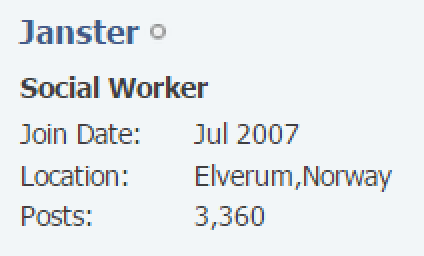
What message does this send?
- The only number you can control printed next to your name is post count.
- Everyone who reads this will see your current post count.
- The more you post, the bigger that number next to your name gets.
If I have learned anything from the Internet, it is this: be very, very careful when you put a number next to someone's name. Because people will do whatever it takes to make that number go up.
If you don't think deeply about exactly what you're encouraging, why you're encouraging it, and all the things that may happen as a result of that encouragement, result, you may end up with … something darker. A lot darker.
Printing a post count number next to every user's name implies that the more you post, the better things are. The more you talk, the better the conversations become. are. Is this the right message to send to everyone in a discussion? More fundamentally, is this even true?
I find that the value of conversations has little to do with how much people are talking. I find that too much talking has a negative effect on conversations. Nobody has time to listen to the resulting massive stream of conversation, they end up just waiting for their turn to pile on and talk, too. The best conversations are with people who spend most of their time listening.
The number of times you've posted in a given topic is not a leaderboard; it's a record of failing to communicate.Consider
The Ars Banana Experiment
Ars Technica ran a little experiment in 2011. When they posted Guns at home more likely to be used stupidly than in self defense, embedded in the last sentence of the seventh paragraph of the article was this text:
If you have read this far, please mention Bananas in your comment below. We're pretty sure 90% of the respondants to this story won't even read it first.
The first person to do this is on page 3 of the resulting discussion, comment number 93. Or as helpfully visualized by Brandon Gorrell:
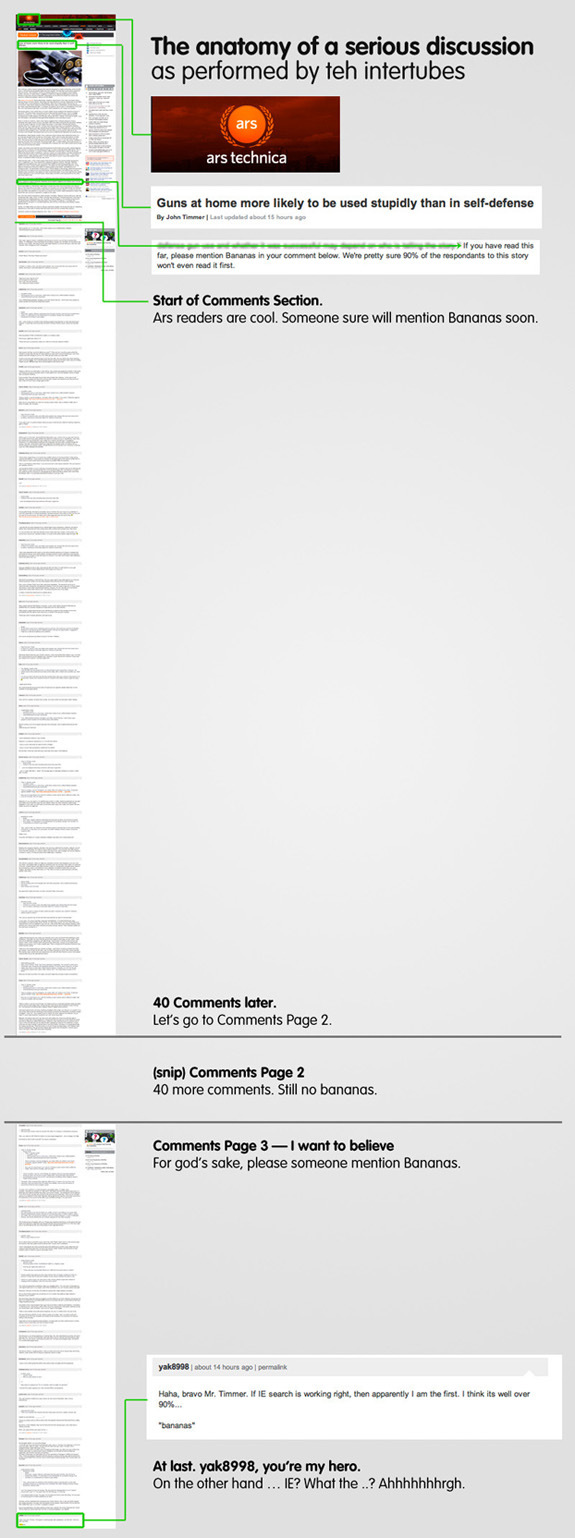
Plenty of talking, but how many people actually read up to paragraph 7 (of 11) of the source article before they rushed to comment on it?
The Slate Experiment
In You Won't Finish This Article, Farhad Manjoo dares us to read to the end.
Only a small number of you are reading all the way through articles on the Web. I’ve long suspected this, because so many smart-alecks jump in to the comments to make points that get mentioned later in the piece.
But most of us won't.
He collected a bunch of analytics data based on real usage to prove his point:
These experiments demonstrate that we don't need to incentivize talking. There's far too much talking already. We badly need to incentivize listening.
And online, listening = reading. That old school program from my childhood was right, so deeply fundamentally right. Reading. Reading Is Fundamental.
Let's say you're interested in World War II. Who would you rather have a discussion with about that? The guy who just skimmed the Wikipedia article, or the gal who read the entirety of The Rise and Fall of the Third Reich?
This emphasis on talking and post count also unnecessarily penalizes lurkers. If you've posted five times in the last 10 years, but you've read every single thing your community has ever written, I can guarantee that you, Mr. or Mrs. Lurker, are a far more important part of that community's culture and social norms than someone who posted 100 times in the last two weeks. Value to a community should be measured every bit by how much you've read as much as how much you talked.
So how do we encourage reading, exactly?
You could do crazy stuff like require commenters to enter some fact from the article, or pass a basic quiz about what the article contained, before allowing them to comment on that article. On some sites, I think this would result in a huge improvement in the quality of the comments. It'd add friction to talking, which isn't necessarily a bad thing, but it's a negative, indirect way of forcing reading by denying talking. Not ideal.
I have some better ideas.
Remove interruptions to reading, primarily pagination.
Here's a radical idea: when you get to the bottom of the page, load the next damn page automatically. Isn't that the most natural thing to want when you reach the end of the page, to read the next one? Is there any time that you've ever been on the Internet reading an article, reached the bottom of page 1, and didn't want to continue reading? Pagination is nothing more than an arbitrary barrier to reading, and it needs to die a horrible death.
There are sites that go even further here, such as The Daily Beast, which actually loads the next article when you reach the end of the one you are currently reading. Try it out and see what you think. I don't know that I'd go that far (I like to pick the next thing I read, thanks very much), but it's interesting.
Measure read times and display them.
What I do not measure, I cannot display as a number next to someone's name, and cannot properly encourage. In Discourse we measure how long each post has been visible in the browser for every (registered) user who encounters that post. Read time is a key metric we use to determine who we trust, and the best posts that people do actually read.
trust.If you aren't willing to visit a number of topics and spend time actually listening to us, why should we talk to you – or trust you.Forget clicks, forget page loads, measure read time! We've been measuring read times extensively since launch in 2013 and it turns out we're in good company: Medium and Upworthy both recently acknowledged the intrinsic power of this metric.
Give rewards for reading.
I know, that old saw, gamification, but if you're going to reward someome, do it for the right things and the right reasons. For example, we created a badge for reading to the end of a long 100+ post topic. And our trust levels are based heavily on how often people are returning and how much they are reading, and virtually not at all on how much they post.
To feel live reading rewards in action, try this classic New York Times Article. There's even a badge for reading half the article!
Update in real time.
Online we tend to read these conversations as they're being written, as people are engaging in live conversations. So if new content arrives, figure out a way to dynamically rez it in without interrupting people's read position. Preserve the back and forth, real time dynamic of an actual conversation. Show votes and kudos and likes as they arrive. If someone edits their post, bring that in too. All of this goes a long way toward making a stuffy old debate feel like a living, evolving thing versus a long distance email correspondence.
These are strategies I pursued with Discourse, because I believe Reading Is Fundamental. Not just in grade school, but in your life, in my life, in every aspect of online community. To the extent that Discourse can help people learn to be better listeners and better readers – not just more talkative – we are succeeding.
If you want to become a true radical, if you want to have deeper insights and better conversations, spend less time talking and more time reading.
| [advertisement] Stack Overflow Careers matches the best developers (you!) with the best employers. You can search our job listings or create a profile and even let employers find you. |




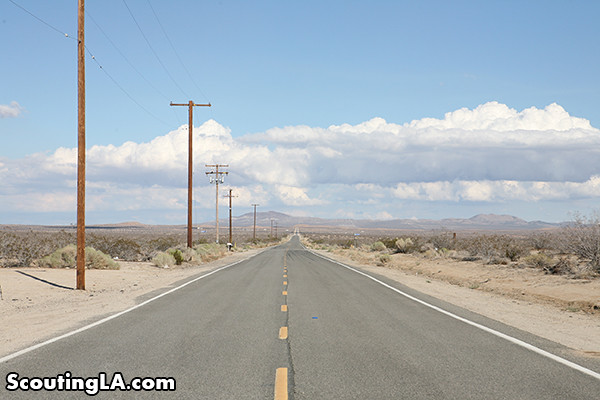
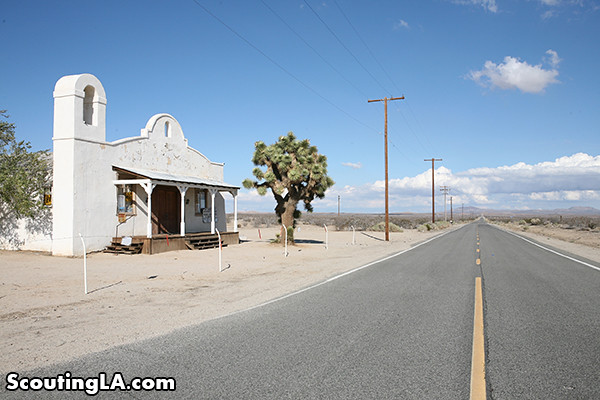
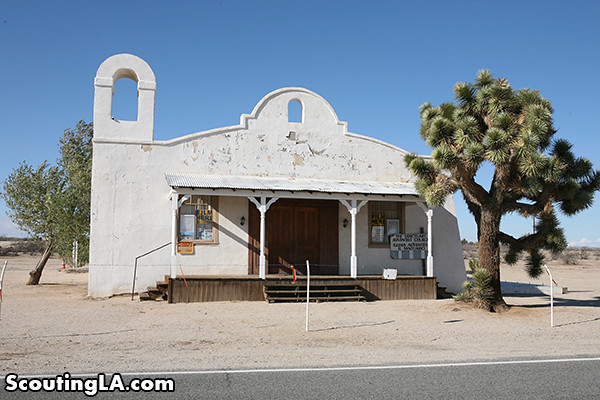
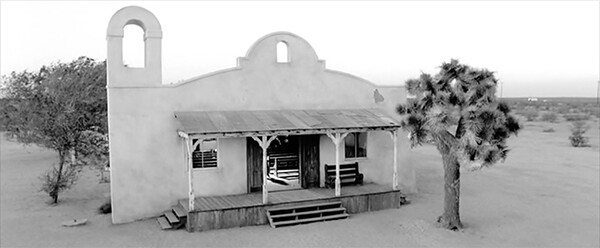
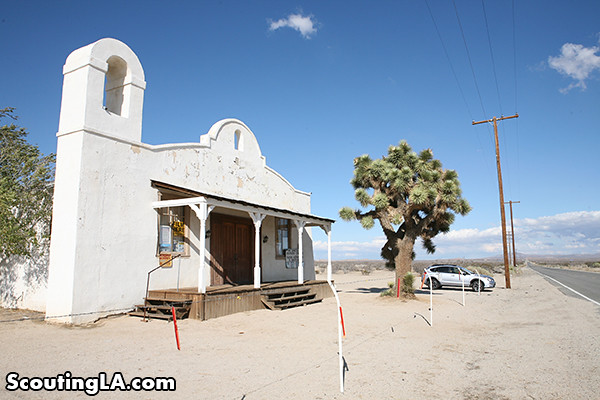
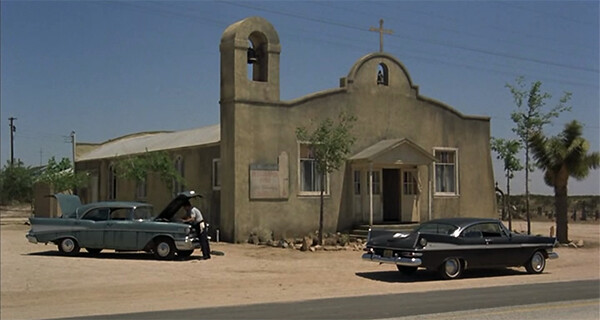
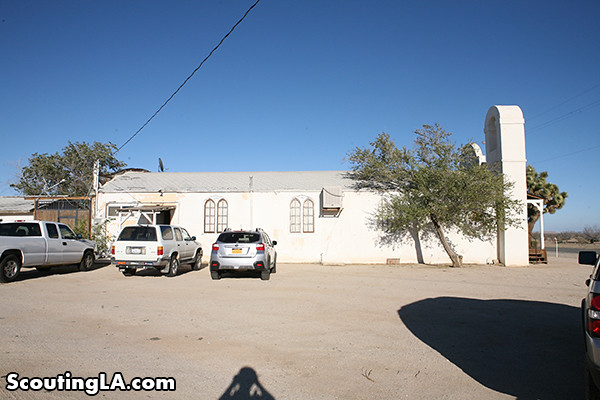
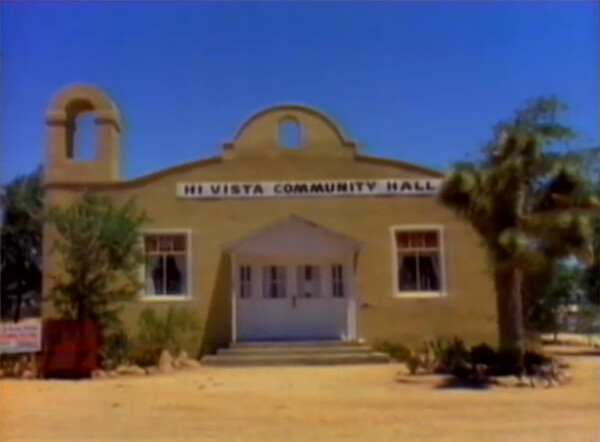
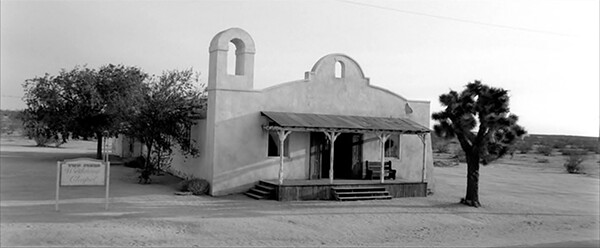
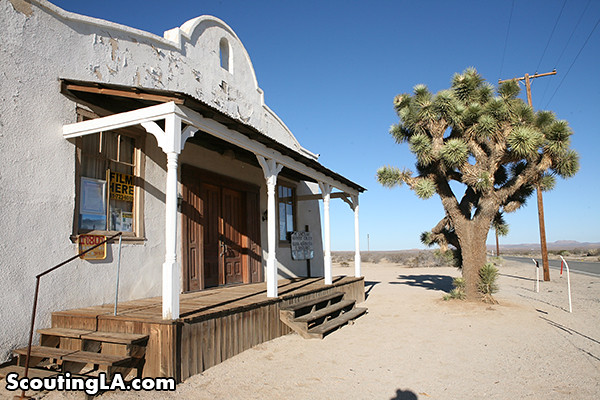
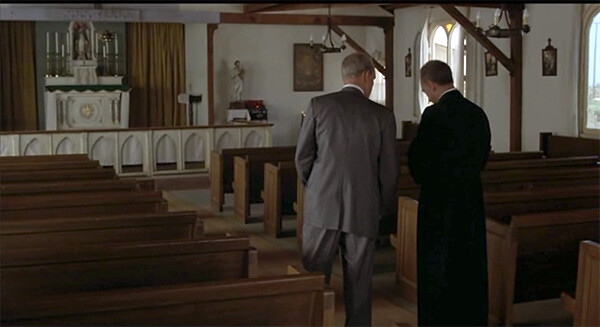
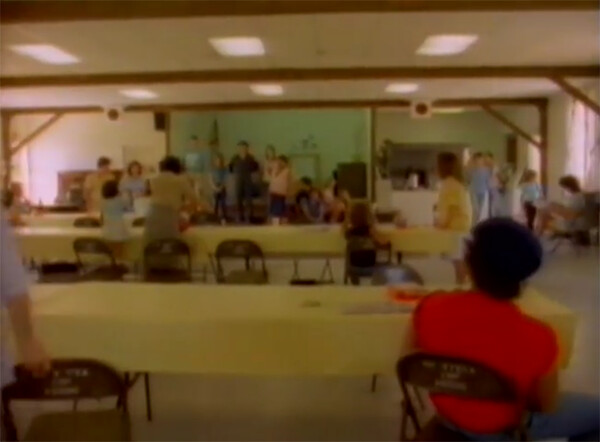
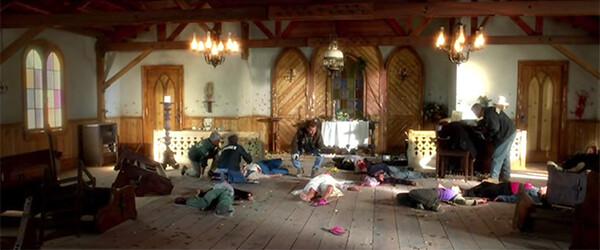
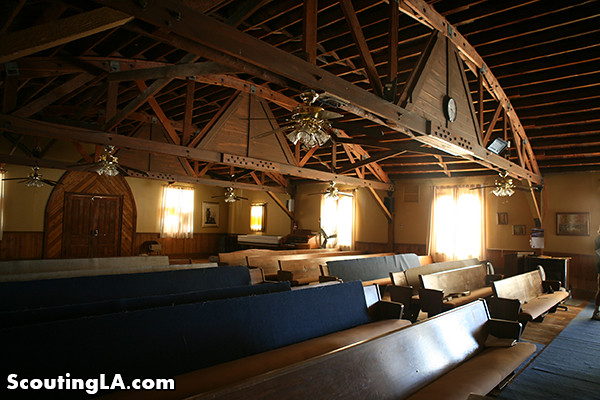
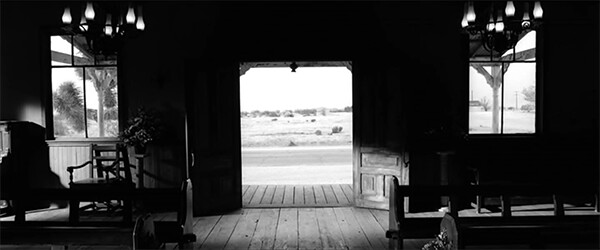
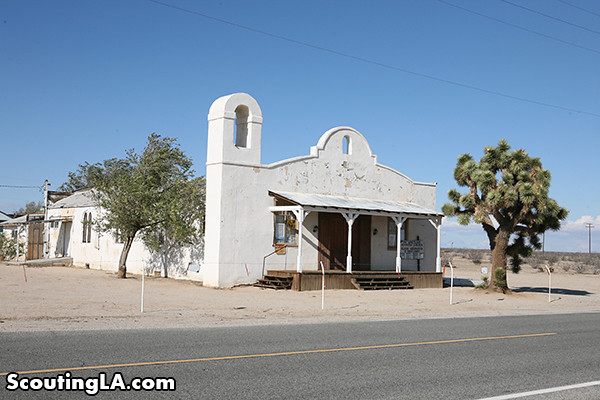


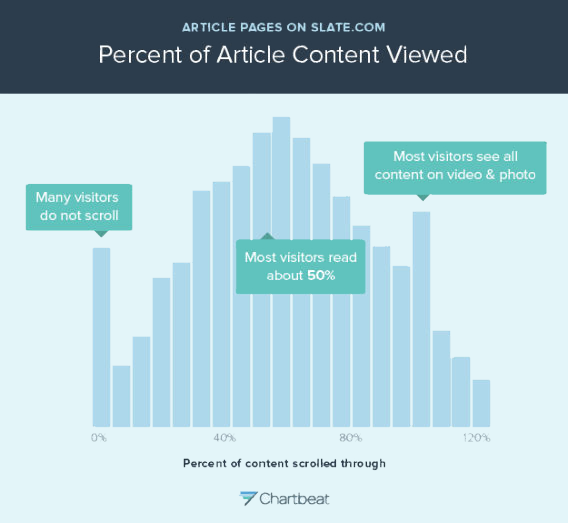

 Sometimes, your favorite band is scheduled to play the Monster Energy Condom Stage at 4:45 while your other favorite band is scheduled to play the Absolut-Flavored K-Y E-Cig Stage at 4:50. WHAT IS A MUSIC FAN TO DO?
Sometimes, your favorite band is scheduled to play the Monster Energy Condom Stage at 4:45 while your other favorite band is scheduled to play the Absolut-Flavored K-Y E-Cig Stage at 4:50. WHAT IS A MUSIC FAN TO DO?